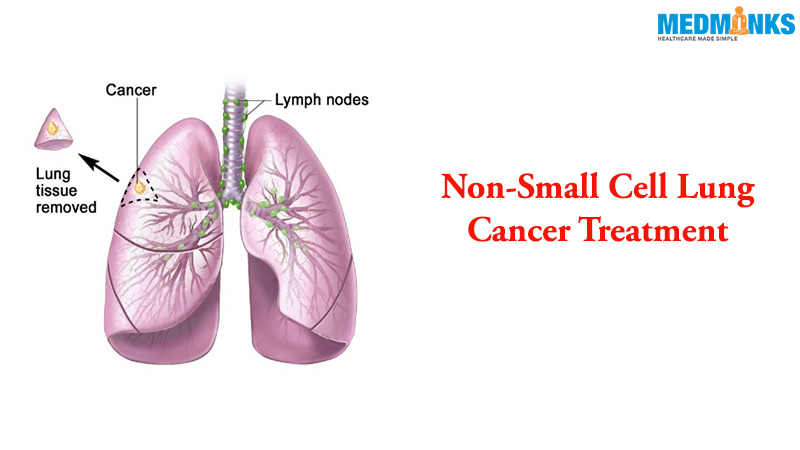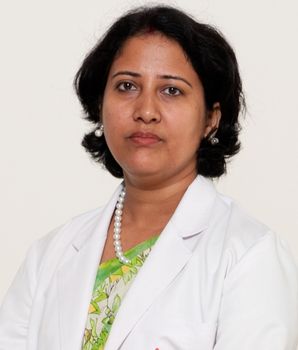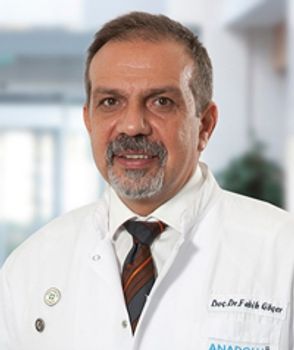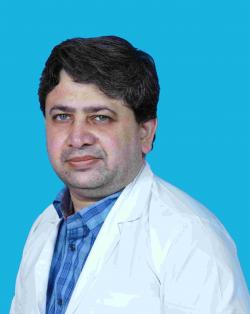Non-Small Cell Lung Cancer Treatment (NSCLC)

It is one of the most severe types of lung cancer which primarily affects smokers, but can also affect non-smokers. NSCLC is a group of cancerous cells that behaves like squamous cell adenocarcinoma and carcinoma. NSCLC is insensitive towards chemotherapy, making it a rarely used Non-Small Cell Lung Cancer treatment.
Non-Small Cell Lung Cancer Symptoms
• Persistent Coughing
• Unexplained shortness in breathing
• Sudden Weight Loss
• Coughing up blood
Non-Small Cell Lung Cancer Risk Factors
Smoking is the leading risk factor that can increase a patient’s chances of developing cancer in their lungs. Cigarette smoke consists of over 6,000 components that can significantly cause DNA damage. Other causes include exposure to nickel, soot, tar, chromium, asbestos, radon or second-hand smoking.
Pollution is also causing lung cancer in young children making it a serious issue. Like most diseases, lung cancer can even come from family history and DNA damage.
Non-Small Cell Lung Cancer types
Lung Adenocarcinoma
It is the most common form of NSCLC in non-smokers. Adenocarcinoma accounts for 45% of lung cancer patients according to Wikipedia. NSCLC is diagnosed from it's distinct molecular and cellular features that often lead to duct or gland formation or increase in the production of mucus in the body.
Squamous Cell Carcinoma (epidermoid carcinoma)
Squamous Cell Carcinoma consist of different cancers that lead to the formation of squamous cells. These cells start forming a surface in the hollow organs and the skin, lining the digestive tracts and respiratory system causing breathing problems.
Large Cell Lung Carcinoma (LCLC)
LCLC originates from the epithelial cells in the lungs. The condition makes the patient suffer from weight loss and non-productive coughing.
Non-Small Cell Lung Cancer Treatment
Chemotherapy
Chemotherapy uses anti-cancer medicines for killing and preventing the cancer cells from spreading in the body. Some doctors recommend chemotherapy, before the surgery to stop the cancer cells from spreading in the body as well as after the surgery to kill any remaining cancer cells.
Radiation
Radiation therapy uses X-Rays, and other image-guided radiation techniques for targeting and then killing the cancer cells in the body, causing minimal damage on the healthy cells.
Surgery
Surgery might be a crucial requirement for removing cancer entirely from the patient's body. The operation can be done using multiple approaches, like lung transplant, organ extraction etc.
Cost of Non-Small Cell Lung Cancer Treatment
Non-Small Cell Lung Cancer treatment cost depends on the choice of treatment as well as the severity of the patient’s condition. Usually, the cost of chemotherapy starts from USD 400 per Cycle and radiation therapy can range USD 3,500 (IMRT) for a treatment span of 8 weeks of regular sessions. The surgery for NSCLC starts from USD 7,000 depending on the operation.
Non-Small Cell Lung Cancer Treatment (NSCLC) – Surgical Procedure
Surgical Removal of a section of the lung – this procedure focuses on removal of the cancerous or the abnormal tissue.
Pulmonary Lobectomy – involves surgical removal of the lobe in the affected lung.
Pneumonectomy – is the procedure used for removing the lung.
FAQs
Can Non-Small Cell Lung Cancer be cured?
Yes, Non-Small Cell Lung Cancer can be cured in the initial stage as the cancerous cells are limited to the inner lining of the lungs which can be effortlessly removed from the lungs.
What is the most effective treatment for Non-Small Cell Lung Cancer?
Depending on the case of the patient, surgery (lung transplant) can be the most suitable option to prevent Non-Small Cell Lung Cancer that can help in killing the cancer cells by removing them from the body, provided that the cancer is still in its earlier stages.
Explore Medmonks.com to learn about treatments for Non-Small Cell Lung Cancer Treatment and breathe without pain or worry again.





